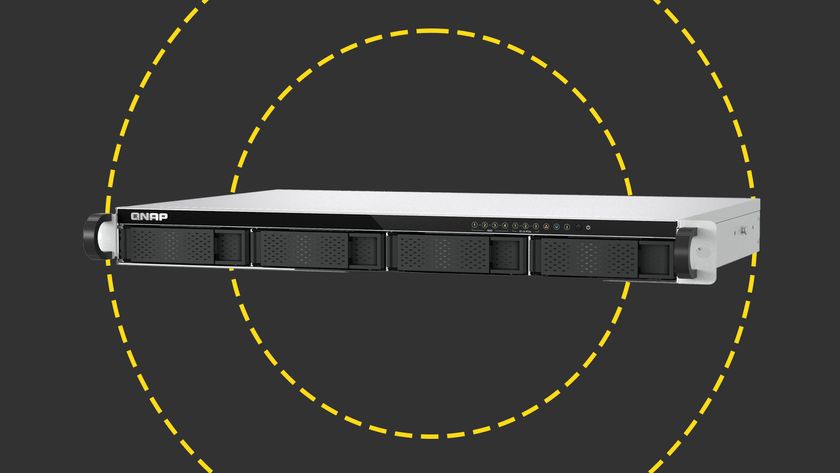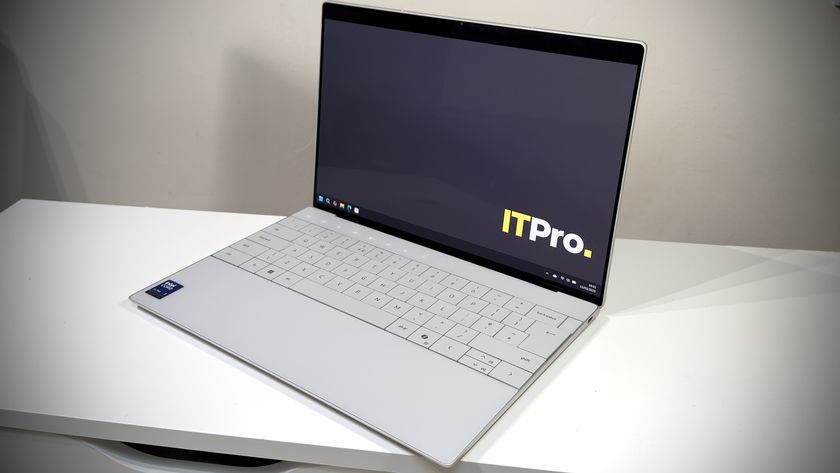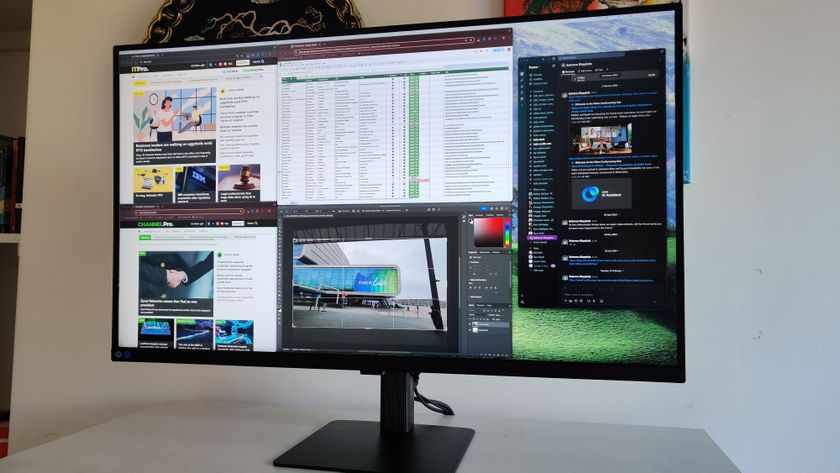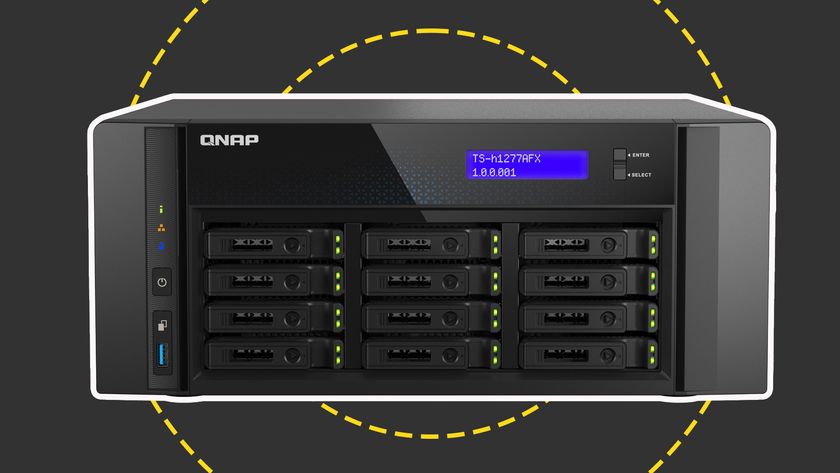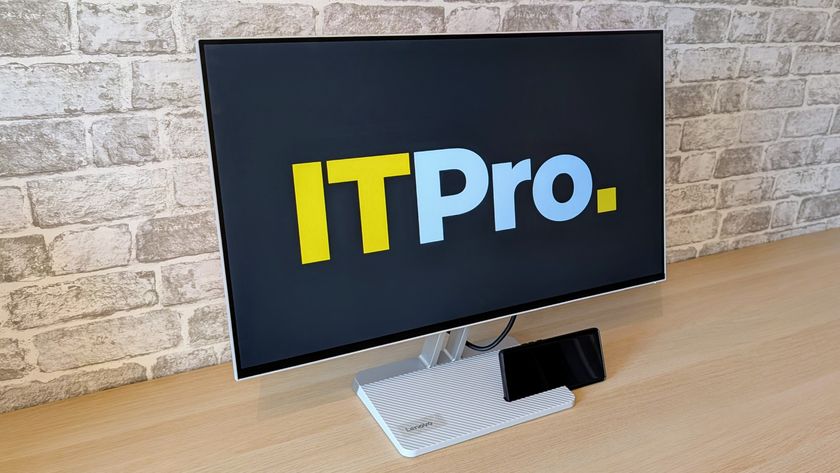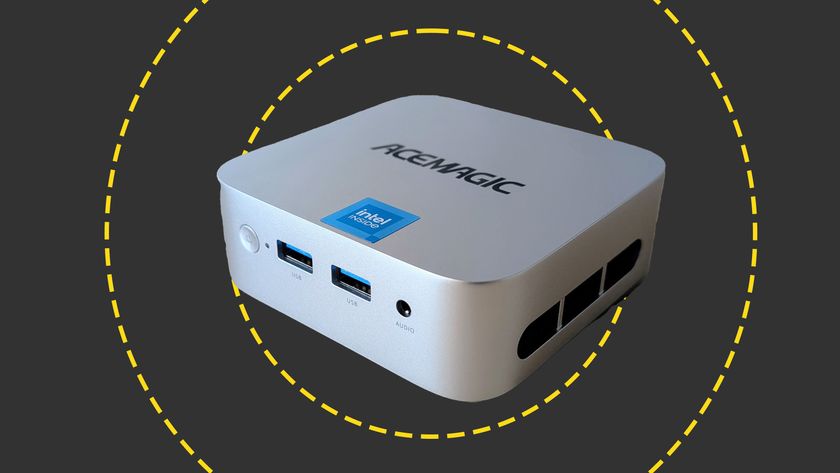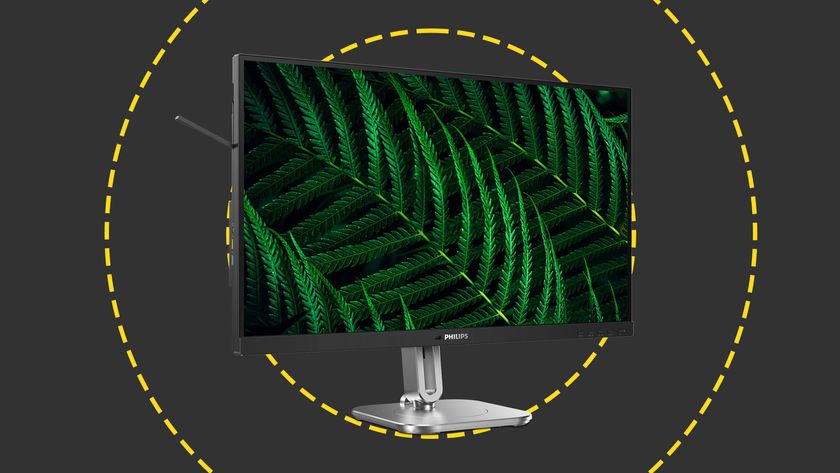Weak virtualisation support
However, specific load balancing schedules for VM-based server farms are still absent. If this is important then check out the Coyote Point Equalizers and their VLB (virtualisation load balancing) features. The Basic VLB version performs load balancing using VMware VM availability and utilisation data whilst VLB Enhanced controls them directly and brings VMs online if demand increases.
To test load balancing we used three VMs in a server farm and assigned them all to the same virtual server with the default round robin schedule applied. We used Paessler's Webserver Stress Tool (www.paessler.com) and configured it to simulate 4,000 users each clicking on a web page every two seconds.
During the test, the LoadMaster statistics screens showed all requests were being evenly distributed amongst our VMs. Graphs show connections and traffic rates and the load percentages on each: Connection persistence
Layer 4 connection persistence uses source and destination addresses to ensure traffic from a particular client is always sent to the same physical server. Extensive Layer 7 connection persistence methods are also available and include cookies, session IDs and URLs along with rules for inspecting HTTP content.
Response times to user requests are improved as the appliance can cache static web content in memory and apply GZIP compression to HTTP objects. IPS also comes as standard as the appliance applies Snort rules to incoming web traffic and blocks malicious content from the server farms.
For SSL acceleration, the appliance is equipped with a Cavium Nitrox PCI-e card. It decrypts SSL traffic and sends it to the physical servers in the clear for improved performance but for greater security, it can also re-encrypt traffic before passing it on.
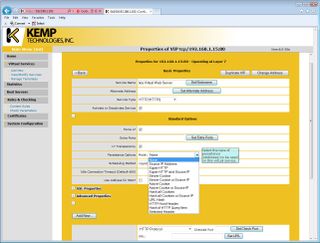
Kemp offers a good selection of L4 and L7 connection persistence options
Dave is an IT consultant and freelance journalist specialising in hands-on reviews of computer networking products covering all market sectors from small businesses to enterprises. Founder of Binary Testing Ltd – the UK’s premier independent network testing laboratory - Dave has over 45 years of experience in the IT industry.
Dave has produced many thousands of in-depth business networking product reviews from his lab which have been reproduced globally. Writing for ITPro and its sister title, PC Pro, he covers all areas of business IT infrastructure, including servers, storage, network security, data protection, cloud, infrastructure and services.

